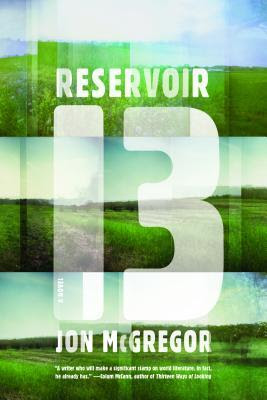I just love this book. When I first heard Terry Gross interviewing Dreyer on NPR’s Fresh Air, I thought he was trying too hard to make amusing something that can be utterly stultifying. However, when I had the chance to listen to Dreyer reading the book, published by Penguin Random House Audio, I was entranced and delighted. How can this be, you ask. It is counterintuitive that reading a style book on writing would be amusing.
Dreyer’s delivery is dry, dry as a bone, so-o-o dry that I would be laughing aloud, missing his next entry, as he lined up all the stupid stuff we write—the adverbs, extra adjectives, and the ‘very unique’ emphasizers. I was amazed Dreyer could read this text aloud and make sense, filled as it is with examples he needs to capitalize or spell a certain way. I could follow it! And it was interesting. He rarely read from his footnotes, which are copious and useful and also funny, one good reason to get both the book and the audio.
One can even make the case that audio is an excellent format for this material, as rules run into one another and it is complicated and time-consuming to both separate the rules and look them up. Dreyer just gives it to us conversationally, in context, without taking out the ruler.
Practically all of us are writers—indeed, publishers—now, whether we write blogs, notes to friends, or posts for social media. We need to take care our words communicate what we want them to say and not what we did not wish to say. We all must be copy editors as well, and we need Dreyer to tell us what we really mean.
Benjamin Dreyer has worn a lot of hats, all at the same company. He began as a freelance proofreader, moved to Copy Editor, then Production Editor, and finally Copy Chief at Random House, now one of the largest book publishers in the United States. In this B&N podcast interview, Dreyer describes the distinction between those jobs and how, after he moved into management, he had an opportunity to circle back and spend time highlighting discrepancies between good and bad writing. He’s awfully good at it, he’s funny, and he’s seen it all in his nearly thirty years in the business. I kept thinking how much there is to know about using language, even for native speakers, and how useful this material is to all of us. So I went and bought the hardcopy.
Dreyer admits to hating grammar, that is, he hates grammar jargon. Which is just fine because I usually just skip those parts. What the heck, I figure. If I haven’t learned it yet, what good will it do me? I am not a completist. I tried to follow his rules in this review so far as I recall them, having laughed through half of them and listened with half an ear when he hit on something I'd worried over in the past…my memories probing that sore place like a tongue in the socket of a lost tooth. How reassuring it is to me to know that the past tense of wreak is wreaked, something with which I have struggled.
There was a point on a long drive when I started laughing uncontrollably at the sometimes stupid stuff he says. In this case it was
GRISLY/GRISTLY/GRIZZLY/GRIZZLEDIt’s okay if you didn’t laugh at that. I’m telling you, Dreyer’s wit is cumulative. If you have ever seen those old books by Richard Lederer, I recall one was called Anguished English, you’ll know exactly what I mean. Three generations of my family sat shouting and crying with laughter at the difficulty of writing well.
Gory crimes are grisly.
Tough meat is gristly.
Some bears are grizzly.
Mistaken references to “grizzly crimes” (unless committed by actual bears, in which case OK) are extremely popular, although good for a chuckle, and to be avoided strenuously.
“Grizzled” refers to hair streaked with gray—and by extension, it does make a decent synonym for “old.” It does not mean, as many people seem to think it does, either unkempt or rugged.
People who write for a living won’t want to miss this. Journalists, novelists, public speakers, politicians, business people who write reports, social media junkies: When he actually points out our common errors, we admit with chagrin it looks, and sounds, silly.
Below is a sample of Dreyer reading from the book. You can listen to this on a commute, can't you?
Tweet
















